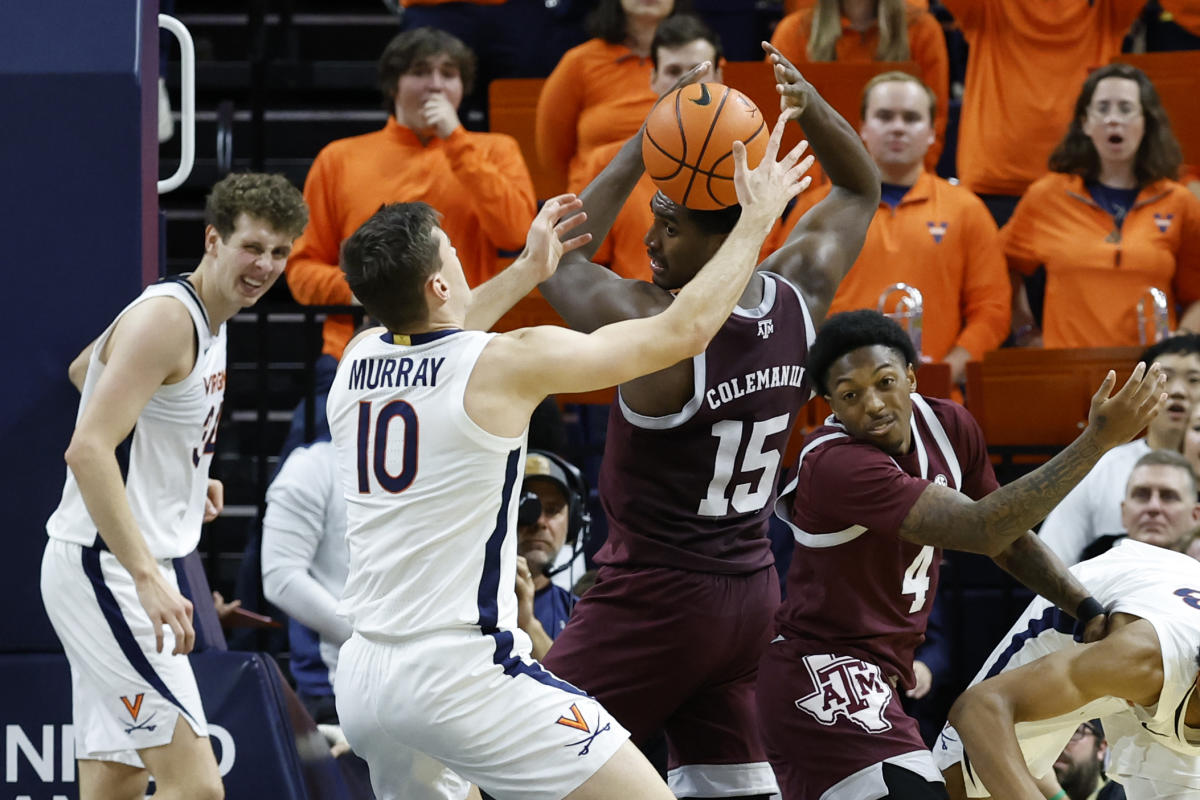Patsy Fayne and Marg Jennings, two individuals who never saw themselves as pioneers, are actually trailblazers in the world of cricket. In 1973, Fayne and Jennings participated in the first-ever World Cup for women and men, held in England. Reflecting on that groundbreaking event, 76-year-old Fayne expressed her emotions: “You get emotional thinking about it. It was really wonderful. Jeez, what did we do?”.
The inaugural tournament was organized by English champion Rachael Heyhoe-Flint and funded by wealthy British businessman Sir Jack Hayward. As a round-robin competition, it was unprecedented at the time and preceded the first World Cup for men, which took place in 1975. According to sport historian Dr Marion Stell, the concept for the event was unique and independent from men’s cricket. The innovative format of the tournament was later adapted by men’s cricket.
Fayne, Jennings, and their 12 teammates had to travel a long way from Australia to participate in the World Cup. As amateurs, the Australian team had to cover their own expenses, raising around $1,600 for airfares, shoes, and uniforms. “We were flying by the seats of our pants,” Jennings recalled. In those days, the team consisted of 14 players and one manager – no coach or any additional support.
The tournament was grueling, featuring teams from New Zealand, Trinidad and Tobago, Jamaica, ‘Young’ England, and even an International XI. In the final match, the hosts, England, emerged victorious against Australia. The English team scored an impressive 3-279 from 60 overs, while Australia could only manage 9-187 in response. Fayne admitted that England outplayed them on that day, despite Australia’s best efforts. The rare footage of the match shows Princess Anne presenting the trophy to the winning captain, Heyhoe-Flint, who was lifted on her teammates’ shoulders.
Although the outcome may not have favored the Australian team, the trip was a once-in-a-lifetime experience that extended beyond the cricket field. Fayne mentioned cherished memories such as visiting 10 Downing Street and meeting Margaret Thatcher, the opportunity to play at Lord’s, and the lasting friendships formed during the trip. Fayne holds the distinction of being the first Australian woman to take a wicket at Lord’s, but she was disappointed that female players were barred from entering the pavilion by the Marylebone Cricket Club.
In a special tribute at Junction Oval in St Kilda, the surviving members of the 1973 team recently reunited. This event coincided with an ODI match between Australia and the West Indies. Recognizing the importance of Australia’s cricket heritage, Cricket Australia organized the gathering. Star all-rounder Ellyse Perry emphasized the significance of the ’73 team and their contributions to the game.
According to Dr Stell, female sports players had to endure a “pay to play” scenario until around a decade ago. They had to raise funds for competitions and sometimes had to quit their jobs to represent Australia. This lack of long-term economic security affected generations of sportswomen. Today, the landscape has changed dramatically, and modern players like Perry enjoy fame, acclaim, and strong support both financially and otherwise.
When asked if they realized they were changing the game, Fayne and Jennings humbly shook their heads. To them, participating in the World Cup was simply an opportunity to play the sport they loved. However, they are pleased with the progress made in women’s cricket over the past five decades. Fayne remarked on the increased professionalism and skill level of current players and the support and financial backing they receive, which was nonexistent during their time.
Jennings, a former national selector who played a role in selecting Perry for her Australian debut, acknowledged the significant cultural change that has occurred in the sport. While women’s sports, in general, have made great strides, certain codes – such as netball – still face challenges. Jennings expressed hope that the development of women’s sports, as seen in cricket and soccer, will continue to grow and thrive.
Subscribe to our weekly newsletter for intriguing sports content that stimulates your thinking or allows you to simply enjoy the stories.

Olivia Wilson is a trendsetter in the world of digital culture. With an eagle eye for emerging trends and viral phenomena, she keeps readers up-to-date with the latest online sensations, memes, and pop culture trends. Olivia’s passion for staying ahead of the curve is infectious.



:no_upscale()/cdn.vox-cdn.com/uploads/chorus_image/image/72931262/usa_today_21973134.0.jpg)


